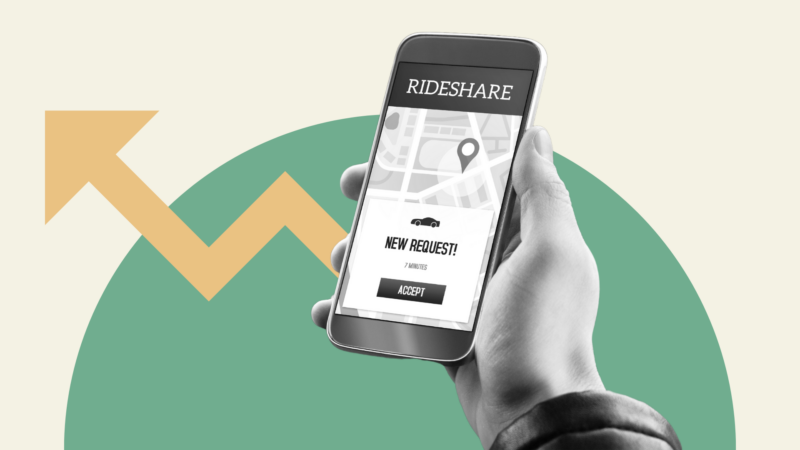Shaping Markets
Price Crisis Terminology
05. 23. 2025
The Hidden Mechanics of Pricing Power in Today’s Economy

Algorithmic Price Fixing
When two or more sellers use the same software or other analytical tool to set a price for a good or service. Price fixing restricts competition, leading to higher prices and fewer choices for consumers. While price fixing is illegal under current federal and state antitrust laws, software can make it extremely hard to detect and enforce against, even though the harm is the same.
RealPages’s Yieldstar software allegedly enables landlords to and restrict housing supply. A White House study estimates that the use of price fixing software cost renters an additional $3.8 billion in rent in 2023.
Agri Stats collects data from meat processors regarding price, cost and production plans, and distributes comprehensive reports on competitor strategies to 90% of the country’s chicken, turkey and pork processors.
Surveillance Pricing
When a seller uses personal information about a consumer—such as their location, buying habits, web history, or personal financial information—to charge that consumer a different price than other consumers based on their willingness or ability to pay. Surveillance pricing is a form of individualized price discrimination.
Target reportedly listed a higher price for a TV when a consumer was checking the in-app price from a Target parking lot.
Rideshare companies have been suspected of charging customers more when their phone batteries are low.
Princeton Review was caught charging more for test prep services in zip codes with high Asian populations.
Price Gouging
When a seller increases the price of an essential good or service to take advantage of circumstances, such as during an emergency or after a natural disaster. Although it is illegal in California for sellers to increase prices more than 10% for the duration of a declared state or local emergency, price gouging still occurs.
During the LA Fire emergency, California law enforcement officials announced at least one enforcement action and multiple investigations into rent-gouging scams.
During the COVID-19 pandemic, various retailers were accused of hoarding and hiking prices on essential goods and personal protective equipment.
Price Discrimination
When a seller charges different prices to different customers for the same product or service, usually for reasons related to a buyer’s willingness to pay, the amount being purchased, or a prior relationship between the seller and buyer.
Southern Glazer’s, the largest alcohol distributor in the United States, is accused of charging higher wholesale prices to smaller liquor stores.
Pepsi Co. is accused of providing lower wholesale prices to Walmart than to smaller grocery retailers.